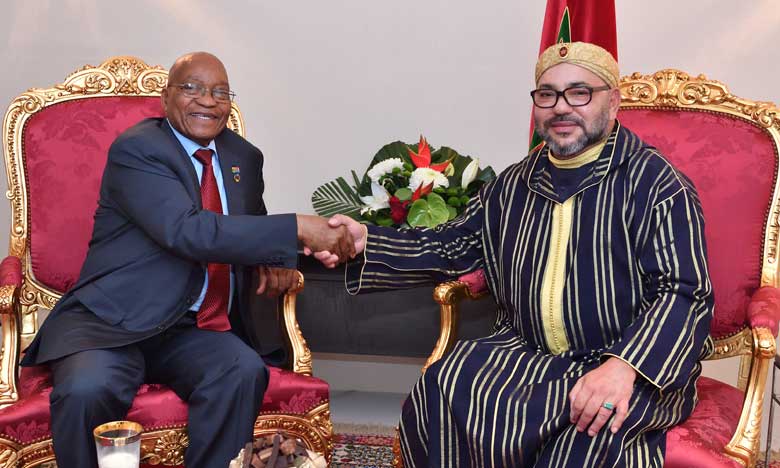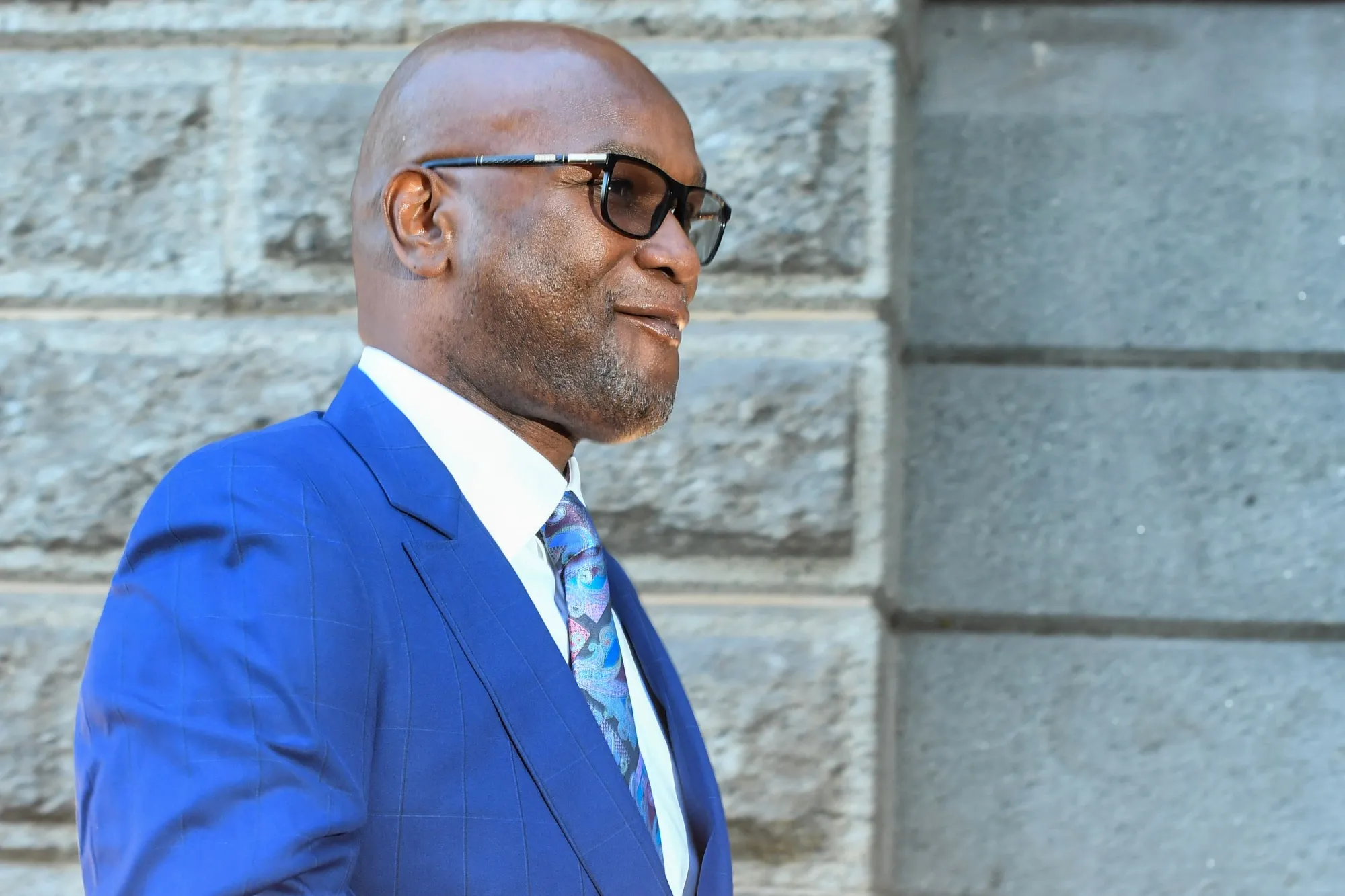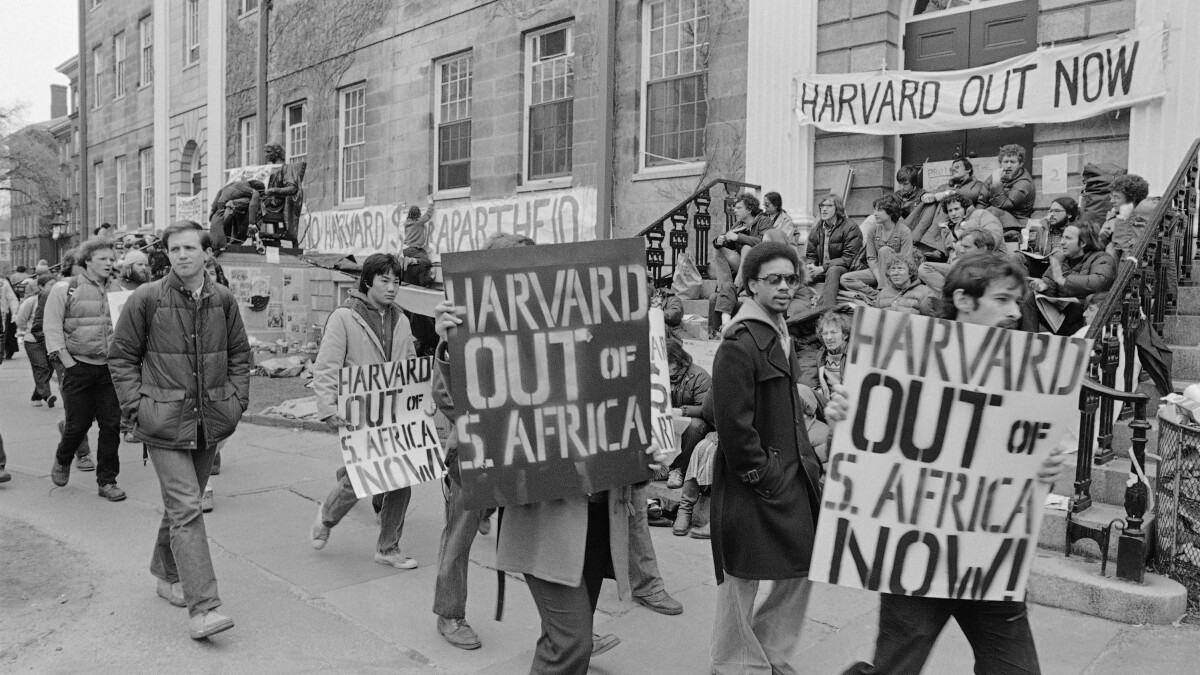The inclusion of Nigeria and South Africa, the continent’s leading economies, on a ‘gray list’ by the Financial Action Task Force (FATF) could present far-reaching setbacks to the two countries’ economic growth.
The warning by the Paris-based FATF, a global anti-money laundering and terrorism financing watchdog, comes in the midst of a difficult financial phase for both countries. They continue to witness their own unique challenges, but economic downturns caused by stagnated growth are a common denominator. Gray listing, which precedes blacklisting, means that a country is under FATF’s increased monitoring as it cooperates with the task-force to address the pertinent concerns including money laundering and terrorism financing. Hence gray-listed countries are under pressure to do more to address the underlying issues of organized crime, illicit finance, counterfeit trade, tax evasion, and improve their ability to fight financial crime.
Gray-listing is, basically, expected to spark a hike in the cost of doing business in the country and it also inflicts reputational damage. Since the gray-listing exposes Nigeria and South Africa to increased scrutiny by investors and financial institutions across the world, the cost implications will be dire, given that both nations are ill-prepared for more economic shocks in future.
As for South Africa, its economic future is in jeopardy, with analysts forecasting a recession this year, largely emanating from endless power blackouts. That could cost the economy $13 billion this year alone. On the other hand, Nigeria, which is currently going through its presidential elections, faces economic crisis caused by the collapse of the Naira currency, shortages of cash, rising inflation and fears among Nigerians that the political transition could escalate the crisis.



